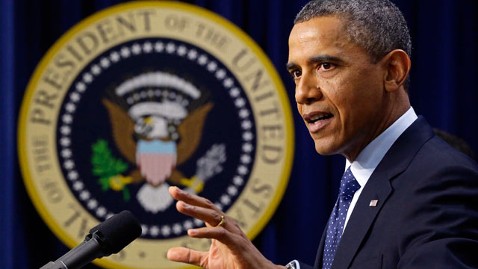MOSCOW: Russians reacted Friday with amusement, disbelief and a heavy dose of irony to the news that the Kremlin has granted citizenship to French actor Gerard Depardieu to solve his tax woes.
In a letter broadcast on Russian television on Thursday, the former Oscar nominee declared his love for President Vladimir Putin and called Russia a "great democracy".
"He is impressed by our democracy -- he has completely lost his marbles," wrote one Facebook user, Vladimir Sokolov.
Far-left politician Eduard Limonov suggested Depardieu could reprise his famous film role of French revolutionary Georges Danton and risk detention by riot police at a regular unsanctioned rally against Putin.
"Gerard, come to Triumfalnaya Square on January 31 with your new Russian passport in your pocket," Limonov wrote on his blog.
"Our French friend: here's an invitation to a real historical role."
Depardieu seemed unlikely to take up this offer after Putin praised their "very friendly, personal relationship" at a recent news conference.
Many jokingly speculated about how the film star might adapt to life as a Russian pensioner if he moved after threatening to renounce his French citizenship over a proposed 75-percent tax rate on the super-rich.
If Depardieu, 64, opted to live in Russia more than half the tax year, he would pay just 13 percent tax to the government whose budget is highly dependent on state-owned energy resources.
"We're going to meet him pushing a trolley in the shop, in the queue for blood tests at the polyclinic or at the social security office," wrote journalist and blogger Anton Orekh on the website of popular Moscow Echo radio station.
"I'm ready to give him registration in my apartment, he can stay as long as he likes," wrote television host Tina Kandelaki on Twitter.
Depardieu, like other Russian citizens, would have to register at his place of residence with local authorities.
Yet many also questioned the morality of Russia's fast-tracking Depardieu's citizenship request.
His public opposition to paying high taxes in France showed he "loves money more than motherland," wrote Orekh.
"Let's give our passports to everyone who has lots of money and doesn't want to pay taxes at home!"
-AFP/fl










